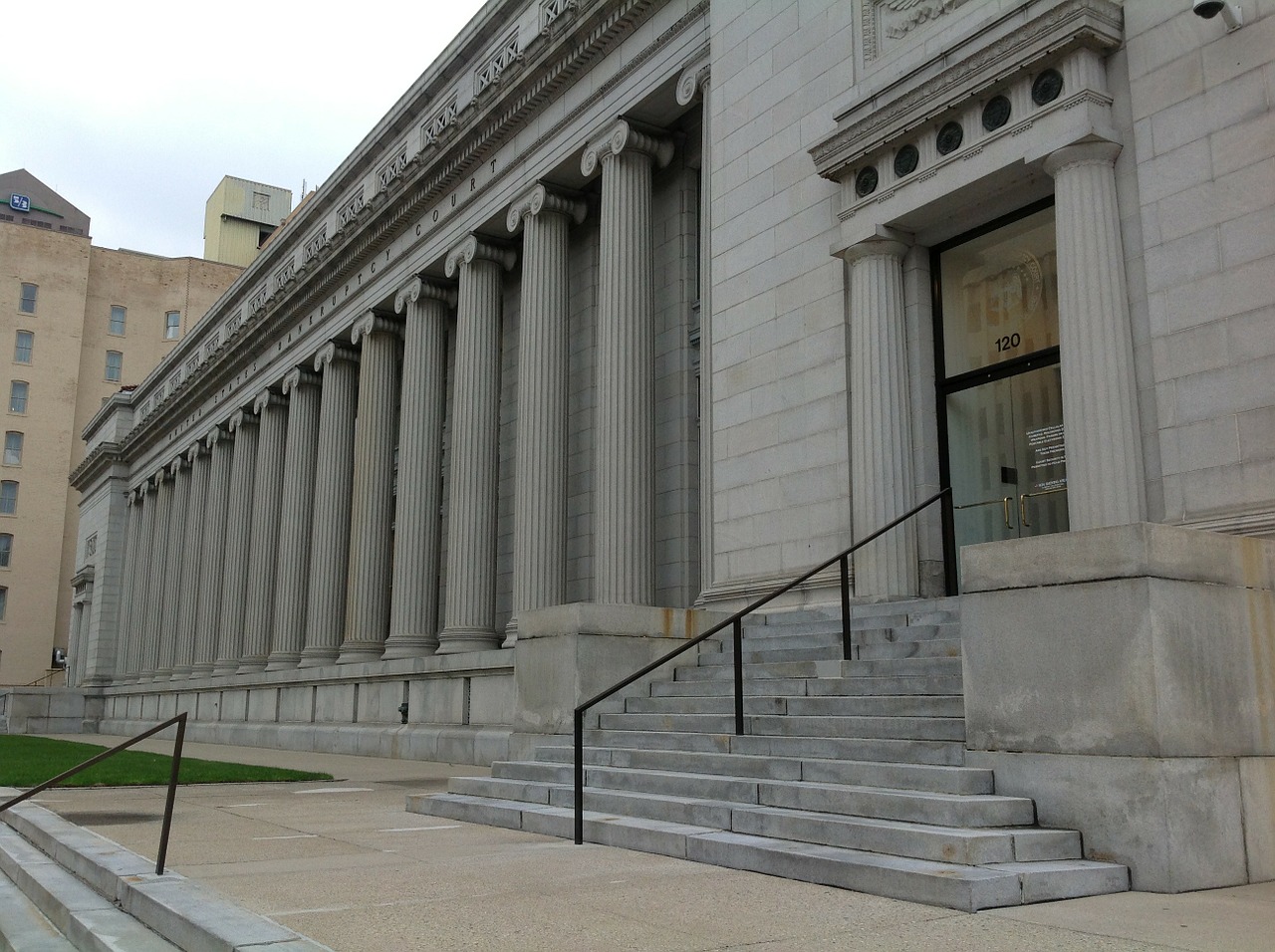“Restore our judges as in earliest times and our counselors as at first, remove from us sorrow and groan, and reign over us – You, Hashem, alone – with kindness and compassion and justify us through judgment. Blessed are You, Hashem, the King Who loves righteousness and judgment.”
The eleventh blessing of Shemoneh Esrei asks for the return of Torah-based government. It follows the blessing for the ingathering of the exiles, for when this takes place all Jews will be judged by Torah law in the court of the Sanhedrin (Megilla 17b).
According to general halacha, any blessing that does not acknowledge the kingship of Hashem as “Melech HaOlam,” is not a blessing (Shulchan Aruch 214,1). And yet almost all the blessings of Shemoneh Esrei omit this reference to kingship. Only the first blessing, which praises Hashem as great, powerful and awesome, which are all attributes of majesty, follows this rule, albeit indirectly (Tosfos, Brachos 40b). However, since the Shemoneh Esrei is one prayer, the connection of the subsequent blessings to the first one links them all to the acknowledgement of Hashem’s Kingship (Tur 113).
The one exception to this rule is the eleventh blessing, which concludes: “the King Who loves righteousness and judgment.” Some versions, in fact, leave out the word King (see Tur 118); however, most siddurim include it.
From Rosh Hashana until Yom Kippur everyone changes the wording of this blessing to “the King of judgment.” If an Ashkenazi unthinkingly says the regular formula he has still fulfilled his obligation, since he has said the word King. During the Ten Days of Repentance we focus on acknowledging Hashem’s kingship in the world, and one can accomplish this through either version (Rema 118,1).
Text Copyright © 2010 by Rabbi Daniel Travis and Torah.org


